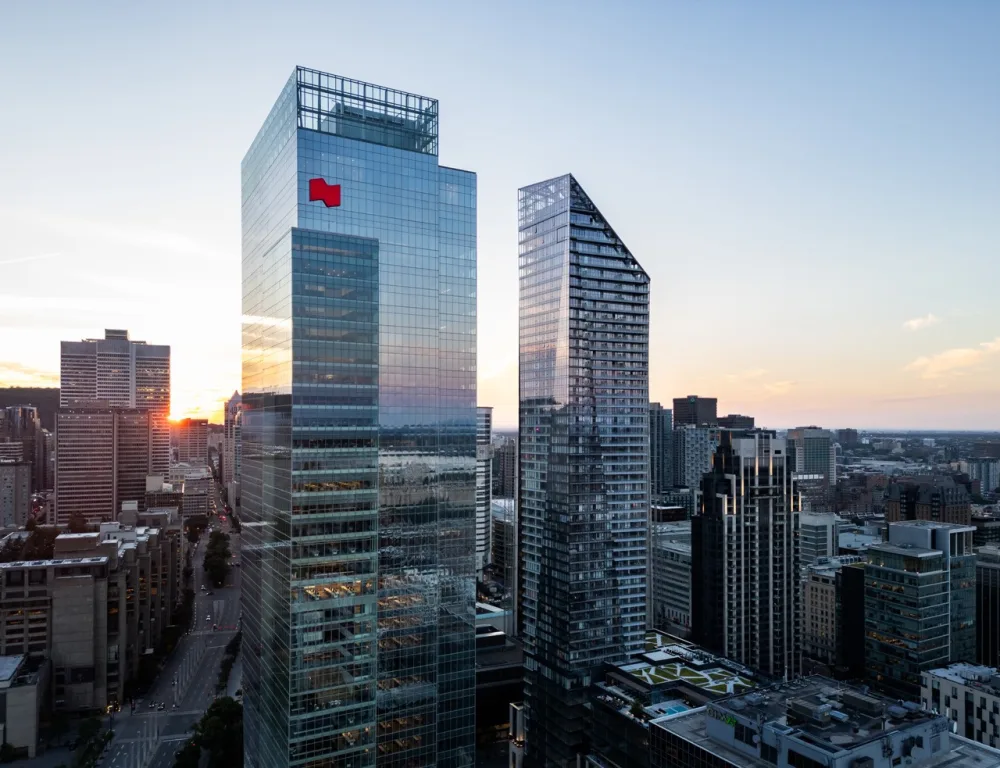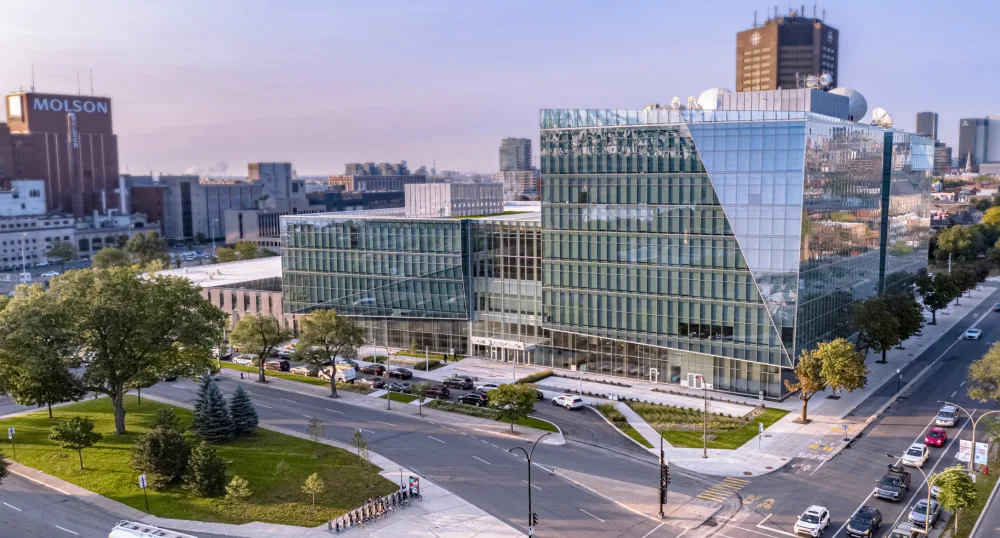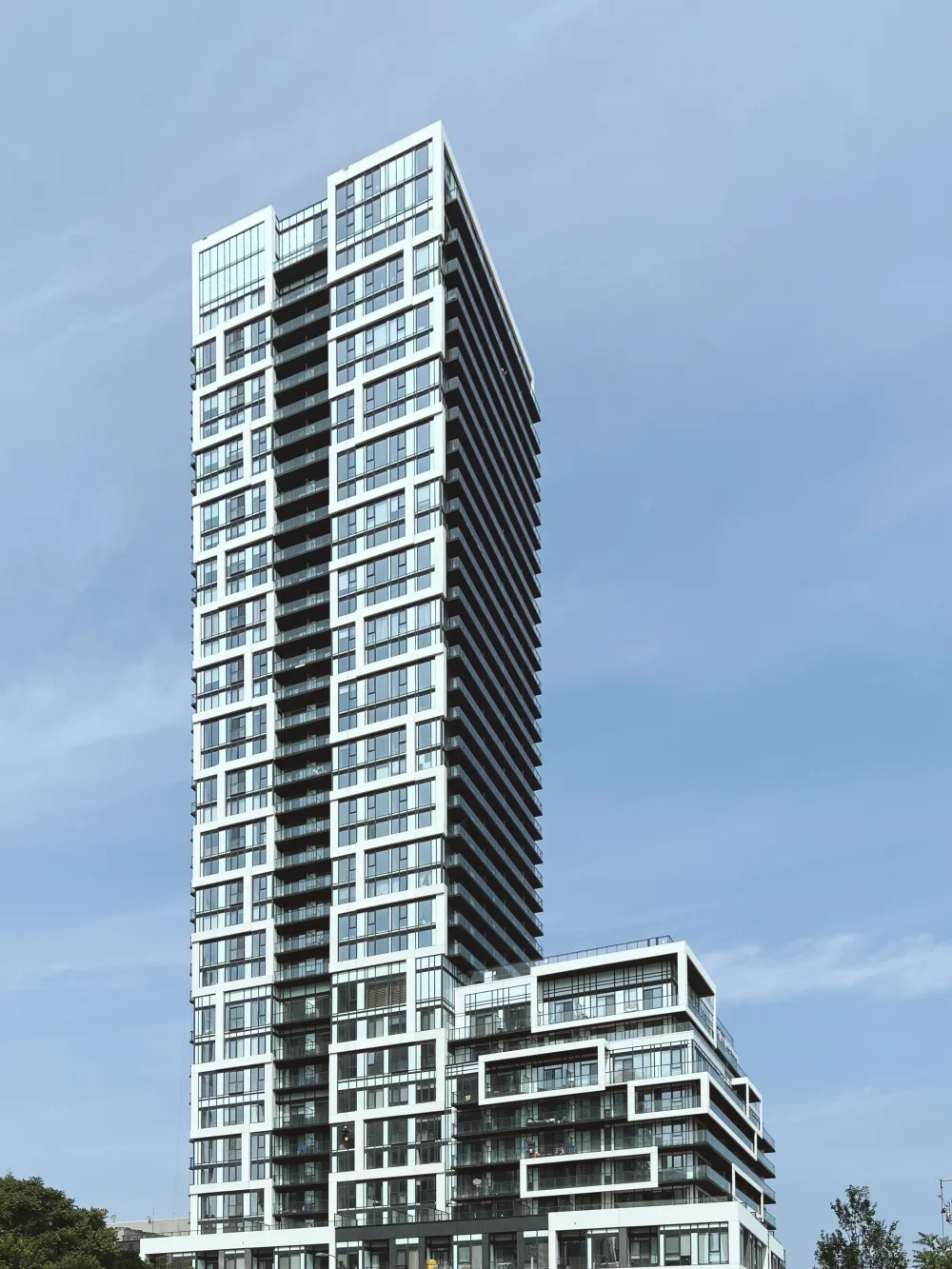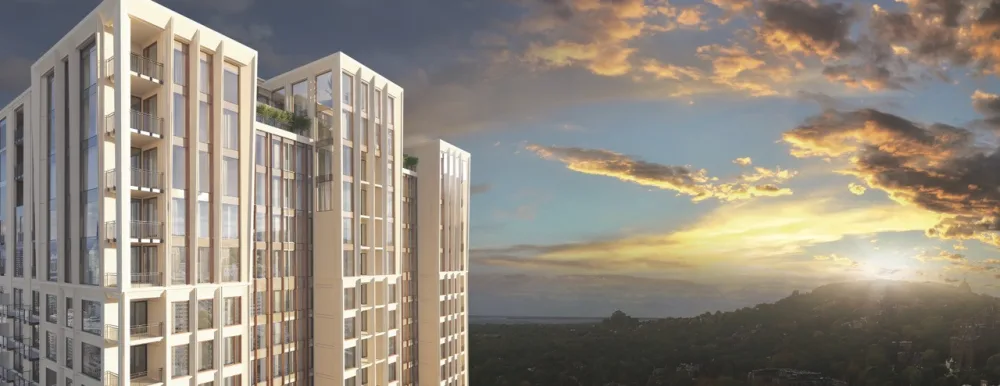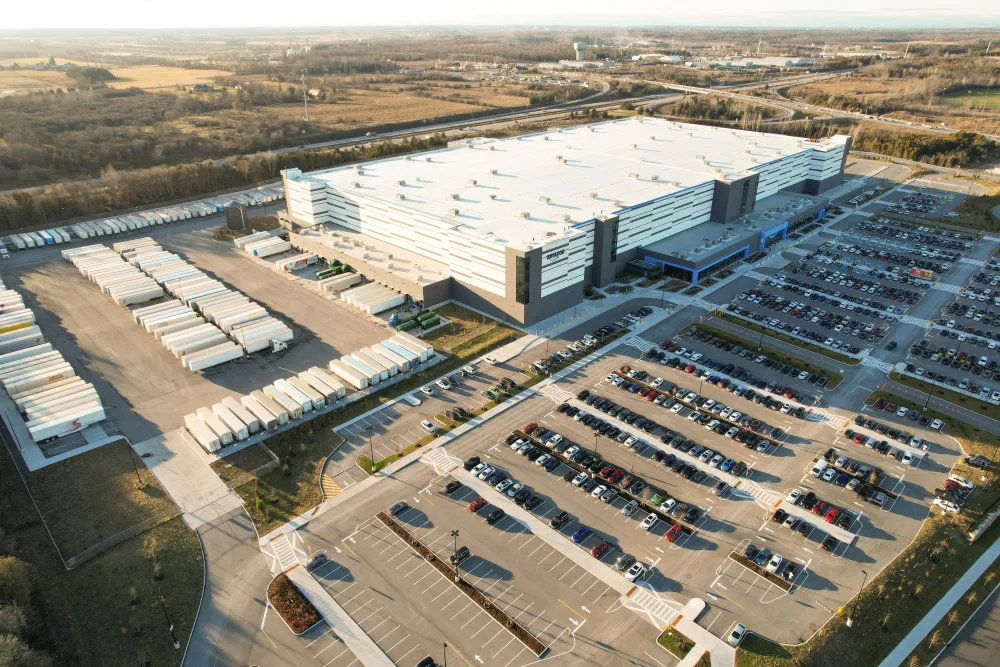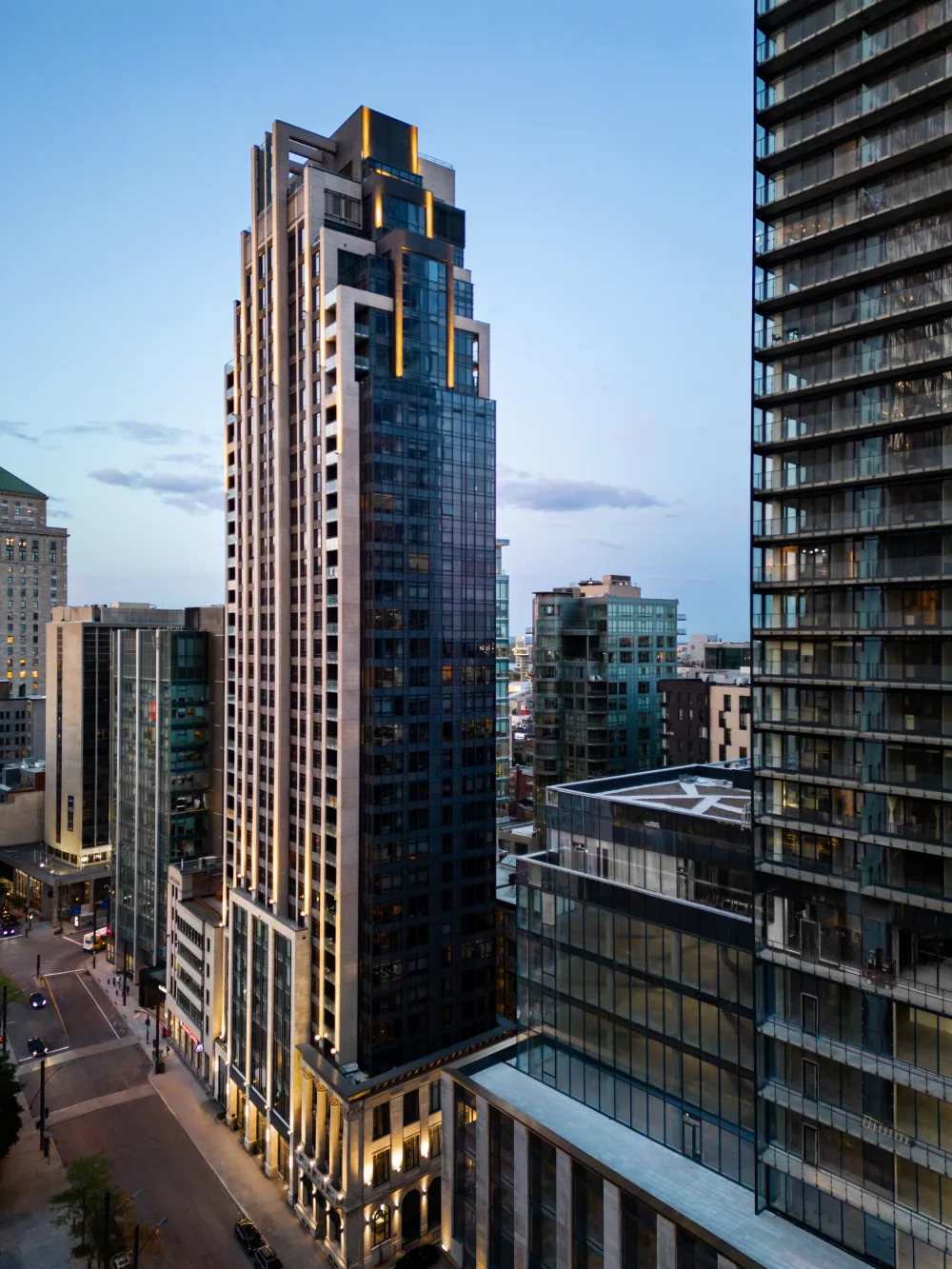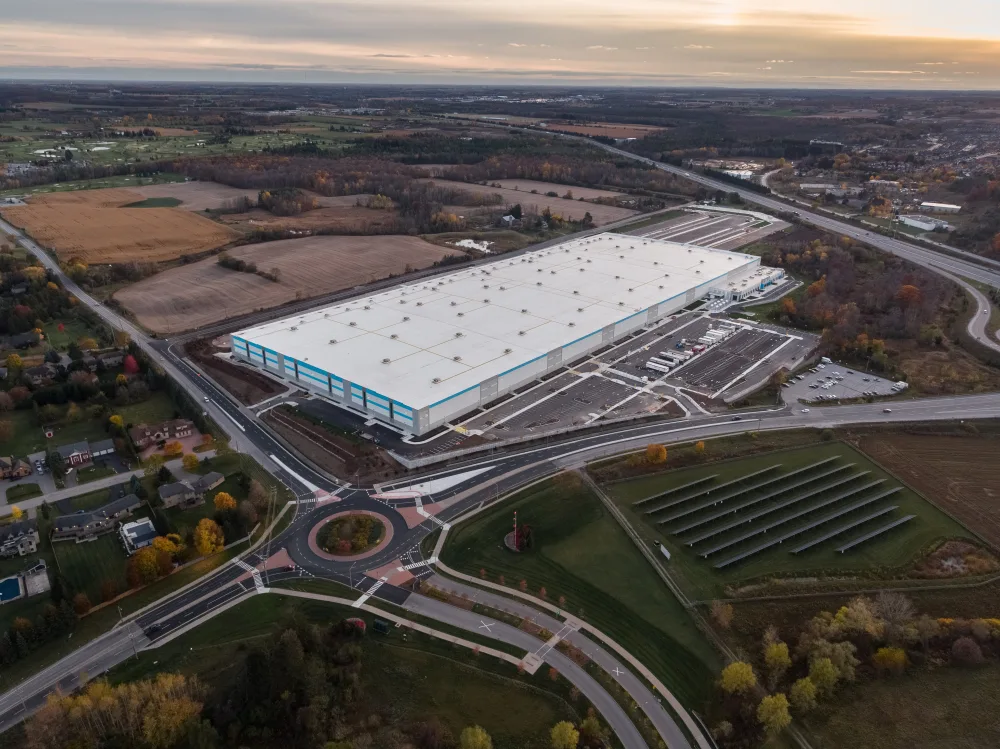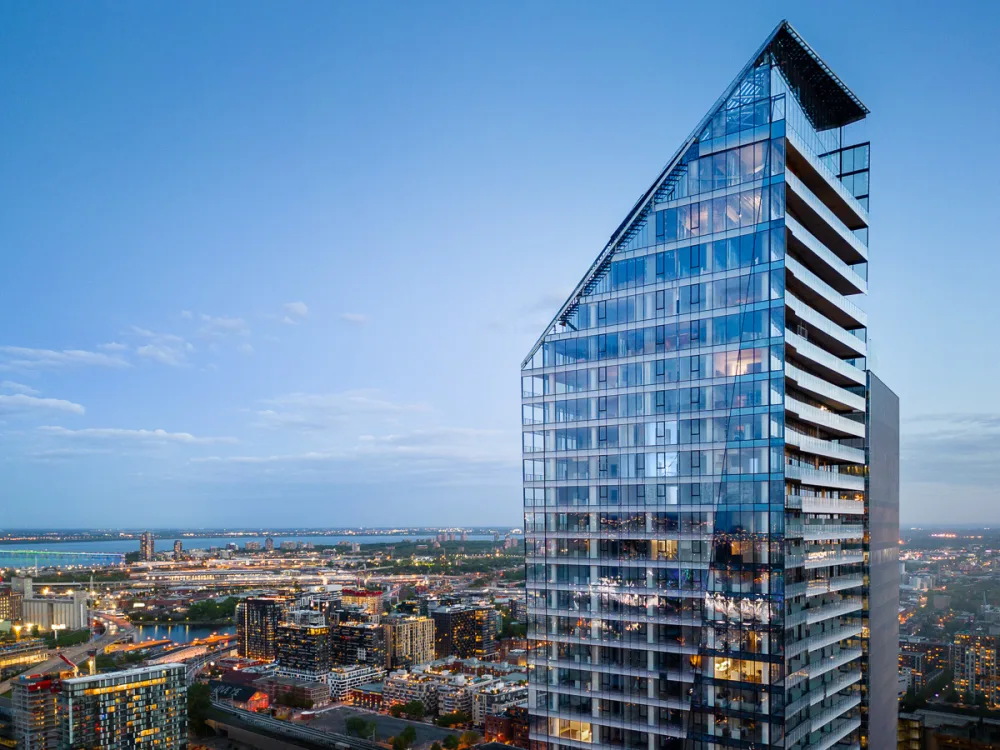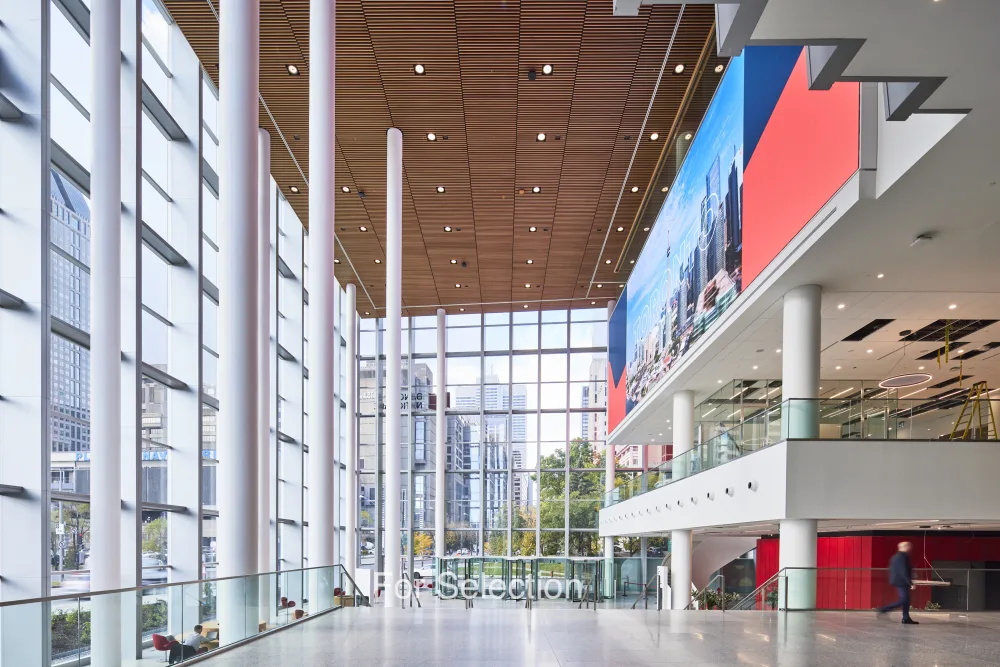We develop and build great real estate solutions to serve our communities.
Scroll down




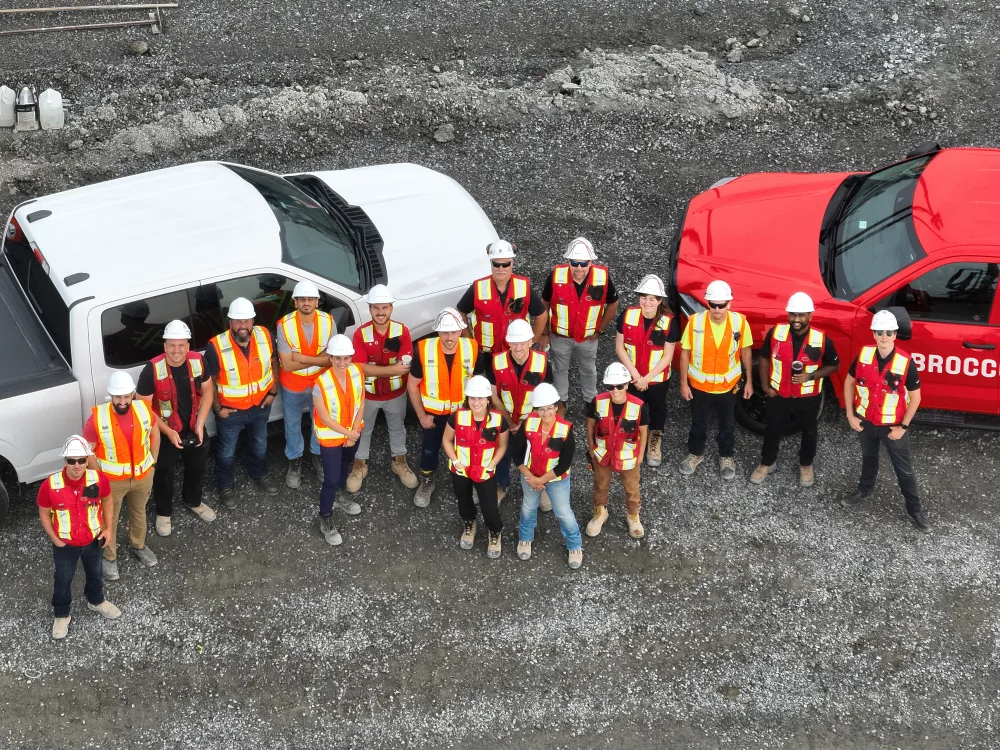
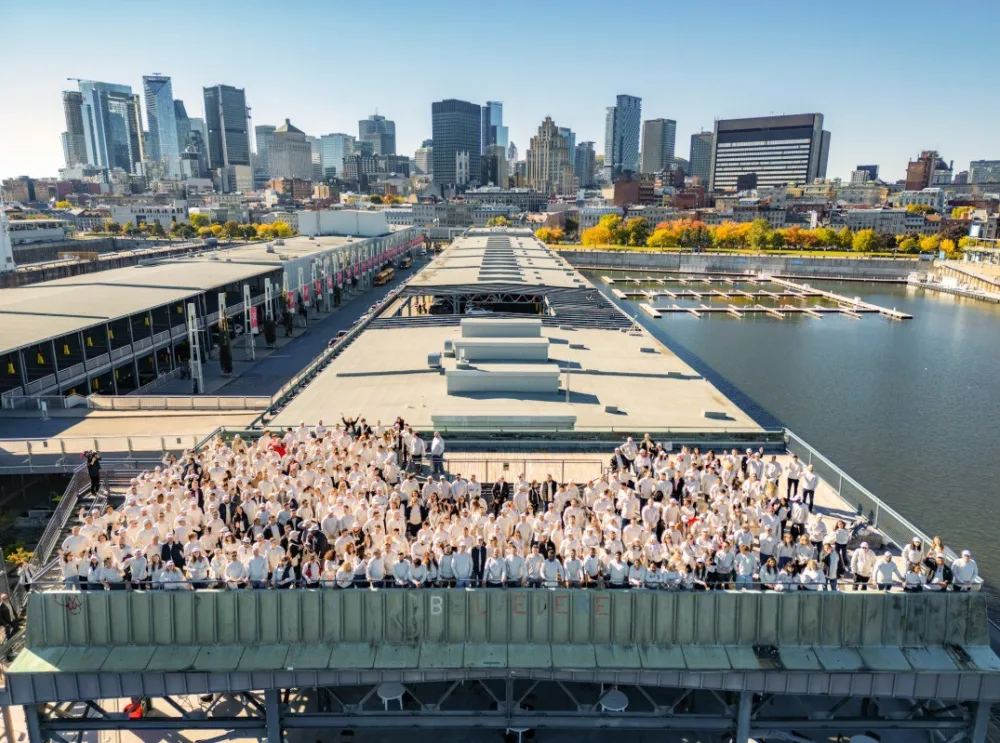






together
we
thrive
who we are
who we are
What
we do
Invest
We raise capital to pursue compelling real estate investment and development opportunities.
Develop
We find the right property for you
and tailor a solution to your needs.
Build
We use 75 years of experience to
build safely and efficiently.
Manage
We deliver a first-class property management experience built on excellence, responsiveness, and long-term value.
WHAT SETS US APART
End-to-end services
We offer complete real estate solutions, acting as one trusted partner every step of the way.
See the full scope
See the full scope
Featured
projects
our portfolio
View all
View all
Celebrating over 75 years of excellence
400+
employees
50M+
sq.ft. built, with 17M+ under property management
23.6M
sq.ft. of real estate developed/under development
